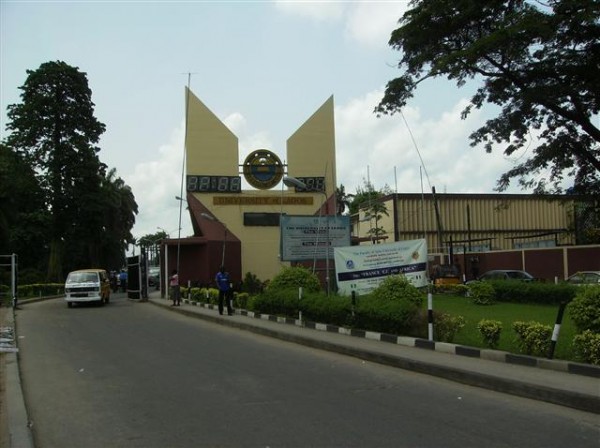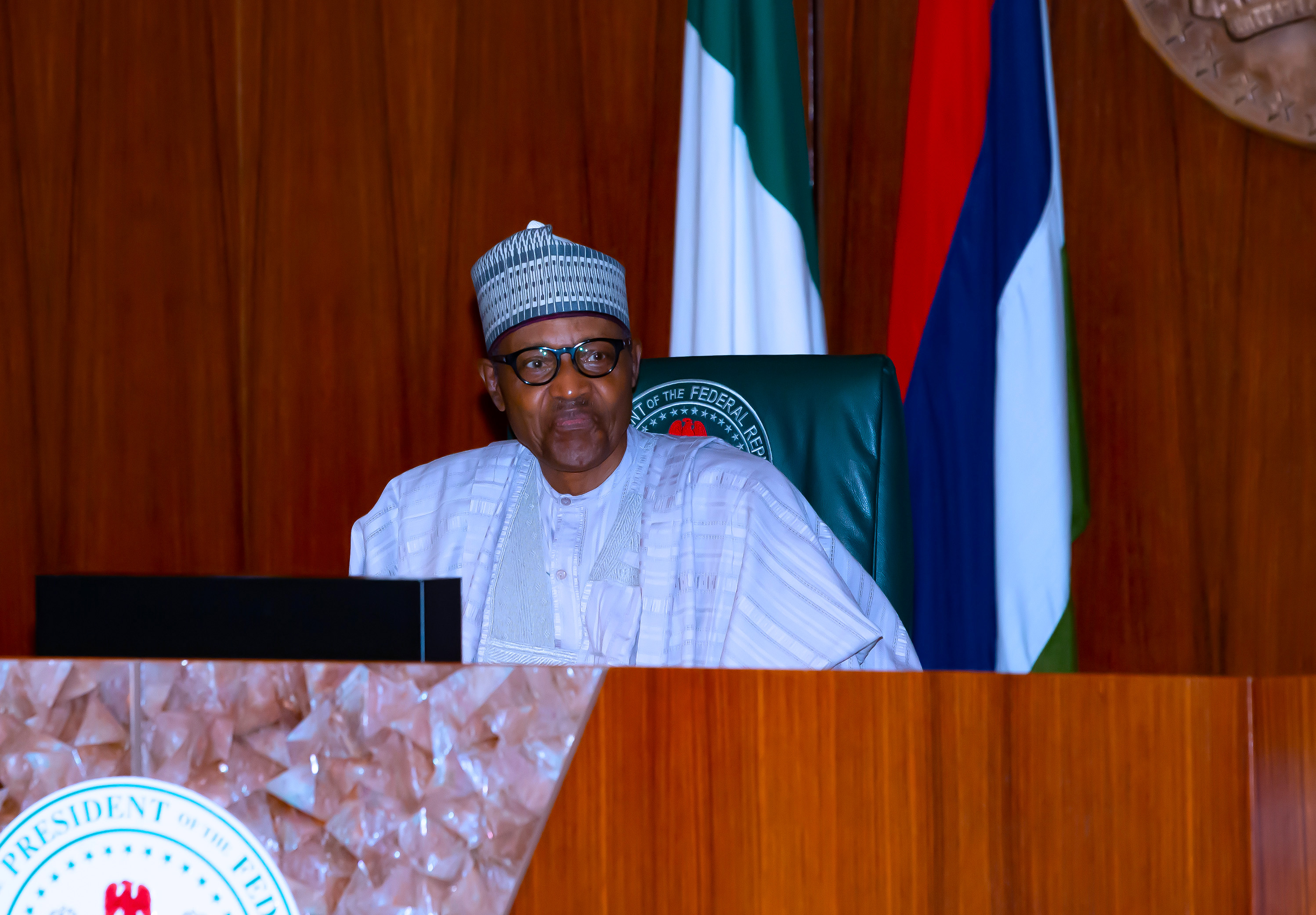Sometimes when you hear certain things about Nigeria’s public tertiary institutions, you cannot help but weep for this country. You just keep asking yourself how things got so degenerated and why helps seem far away. That was exactly the anguish I suffered reading the story of the Dean, Faculty of Engineering, University of Nigeria, Nsukka, Prof. Emeka Obe, and his team that had to contribute N300,000 to fund a research project in the university. Members of the Faculty’s Auto Service Centre led by Engineer Nwakile were able to produce contactless digital hand-cleaning machine that could help in preventing the spread of COVID-19 virus. The machine produced within four weeks, according to the dean, uses sensors to monitor body temperature, dispense hand sanitizer, detergent and water.
I could only imagine the level of passion and dedication to duty of this research team- especially at a time when their colleagues and members of the Academic Staff Union of Universities are on strike! They have not only decided to work, they have also gone ahead to invest their hard earned income into funding a research that ordinarily should have been funded by the university. Unfortunately, there is no guarantee that their effort will not end up in the trash. For all we care, that machine may remain in the faculty’s workshop forever. Already, the dean has made a passionate appeal to the public towards mass-production. To him, the machine will simplify the process of monitoring and preventing the spread of coronavirus. Well, since we are a religious society and our approach to problems has always been to pray about problems we have been empowered to solve as humans, I am also praying that these inventors’ financial, intellectual and other forms of labour will not be in vain.
But, if a whole University of Nigeria founded in 1955, five years before Nigeria’s independence is unable to fund a N300, 000 research project, what is the fate of an institution like Federal University, Birnin Kebbi, established just seven years ago. Yet, Nigeria has kept establishing universities as if they are going out of fashion. The Minister of Transportation, Rotimi Amaechi, just returned from the tour of Katsina, President Muhammadu Buhari’s state of origin, where the Federal Government is citing another higher institution- the University of Transportation. As far as our government is concerned, having a university does not require more than having the name and some blocks of buildings. In other words, once our leaders have agreed on the name of a university, its location and are able to erect two or three buildings, university has arrived. The next thing is to find a vice chancellor and recruit some lecturers. That is all. In one of my researches in the past, I found out that some of these newly created universities did not have students in some departments. Yet those departments had full faculty that earned their salaries in full for doing nothing!
Meanwhile, as Nigeria keeps operating its universities as kindergartens, universities in other countries are living up to their calling. Right now, universities in the US have deployed robots on their campuses to keep the COVID-19 virus from spreading among their students. Eight of such robots are reportedly processing about 6,000 coronavirus tests per day at Boston University, according to the University World News. Test results are obtained within 24 hours. Similar things are happening in other universities across the US. The University of Texas in Austin is also using robots to keep their students safe. The university has three “state-of-the-art” robots that process hundreds of tests per day, at no cost to the students. The robot at the University of South Carolina is helping in processing saliva tests to detect COVID-19. And the University of Maryland has been using robots since April to process tests not only for the campus but also for the state. These are just a few examples.
Advertisement
When one tries to look beyond government and see what heads of tertiary institutions in Nigeria are doing, especially in the area of research, there seems to be little or nothing to behold. News of contract scams here and there has not helped the matter. Reading the allegations of financial misappropriation against a former vice chancellor in one of Nigeria’s public universities left me confused. I didn’t know whether to refer to the ex-VC as a contractor or an intellectual. In one of the petitions to the Economic Financial Crimes Commission (EFCC), I counted over 30 contracts allegedly awarded without due process. Unfortunately, none of them had any direct impact on students, lecturers, research, innovation, technology, exchange programmes, journals, books or any other thing that is supposed to be the reason for having a university. They were all building contracts!
Interestingly and unashamedly, as a nation, we are quick to buy technological products of other universities across the world even when we don’t know what to do with them. If the Federal Government decides today to deploy robots in all its public tertiary institutions to check the spread of COVID-19, I am very sure that the money to get these high-tech products will surface instantly. In fact, I can imagine our institutions combing everywhere in the world to get these devices at any cost no matter how prohibitive. You will see a university that cannot fund a mere N.3m research project importing products developed by fellow universities in other parts of the world. I don’t know why we prefer to waste our scarce resources than invest them in things that matter.
The University of Lagos recently said it would be making use of robots to improve its delivery lines and address the threats posed by the COVID-19 pandemic. The former vice chancellor, Prof. Oluwatoyin Ogundipe, said the robots would be in the library, Senate Building and the Business School among others. The former VC said the robots could check one’s blood pressure and assist in looking for anybody at the Senate building, once the name of that person is mentioned. This is the point. If we know that robots are this useful, why are we not building ours? Why do we prefer to spend millions of Naira on buying other people’s research outputs than investing in their own research activities? Why should we always rely on other countries’ finished products when we can also work towards developing our own?
Advertisement
I am aware that some of UNILAG’s robots were gifted the institution, but this hasn’t changed the fact that we enjoy finished products from other climes. The company could have encouraged UNILAG to learn how to fish than merely supply it with fishes. That is what companies in the countries we run to for help do for their tertiary institutions. They fund their research efforts knowing that their societies will not only enjoy the dividends of such investments, but that underdeveloped countries like ours will pay anything to get them, thus boosting their economies.
I don’t know how Prof Charles Igwe, the vice chancellor of the UNN feels about the inability of his university to fund an ordinary N.3m project, but for me, it is a huge embarrassment. It’s obvious the VC didn’t see anything unusual in his Dean of Engineering Faculty’s story. One could deduce this from his admonition and exhortation to other faculties and departments to go beyond writing research papers to fabricating machines, equipment, and designs that will solve the numerous problems in our society. One then wonders if the VC is encouraging other researchers to spend their money to fund their research activities.
Nigeria has to re-evaluate its reasons for establishing tertiary institutions. Universities are not constituency projects, so government cannot be establishing them just for the purpose of serving political exigencies. Universities are educational establishments and generators of knowledge and technology. As educational institutions, they are to produce people that can provide good leadership and as knowledge generators, they should be aiding the development of the Nigerian society and helping the country in meeting its challenges. When universities are well funded, it impacts on teaching and this reflects in the quality of graduates who in turn contribute to the growth of the economy. A nation that invests in research is encouraging innovation. Innovative products will boost the economy, thus creating better life for the citizens. Investment in education should be seen as a business venture that is expected to yield tangible dividends. Our government and university heads need a paradigm shift in the way they have been managing our public institutions.
Deji-Folutile is the editor-in-chief, Franktalknow.com and member, Nigerian Guild of Editors. Email: bisideji@yahoo.co.uk
Advertisement
Views expressed by contributors are strictly personal and not of TheCable.
Add a comment







